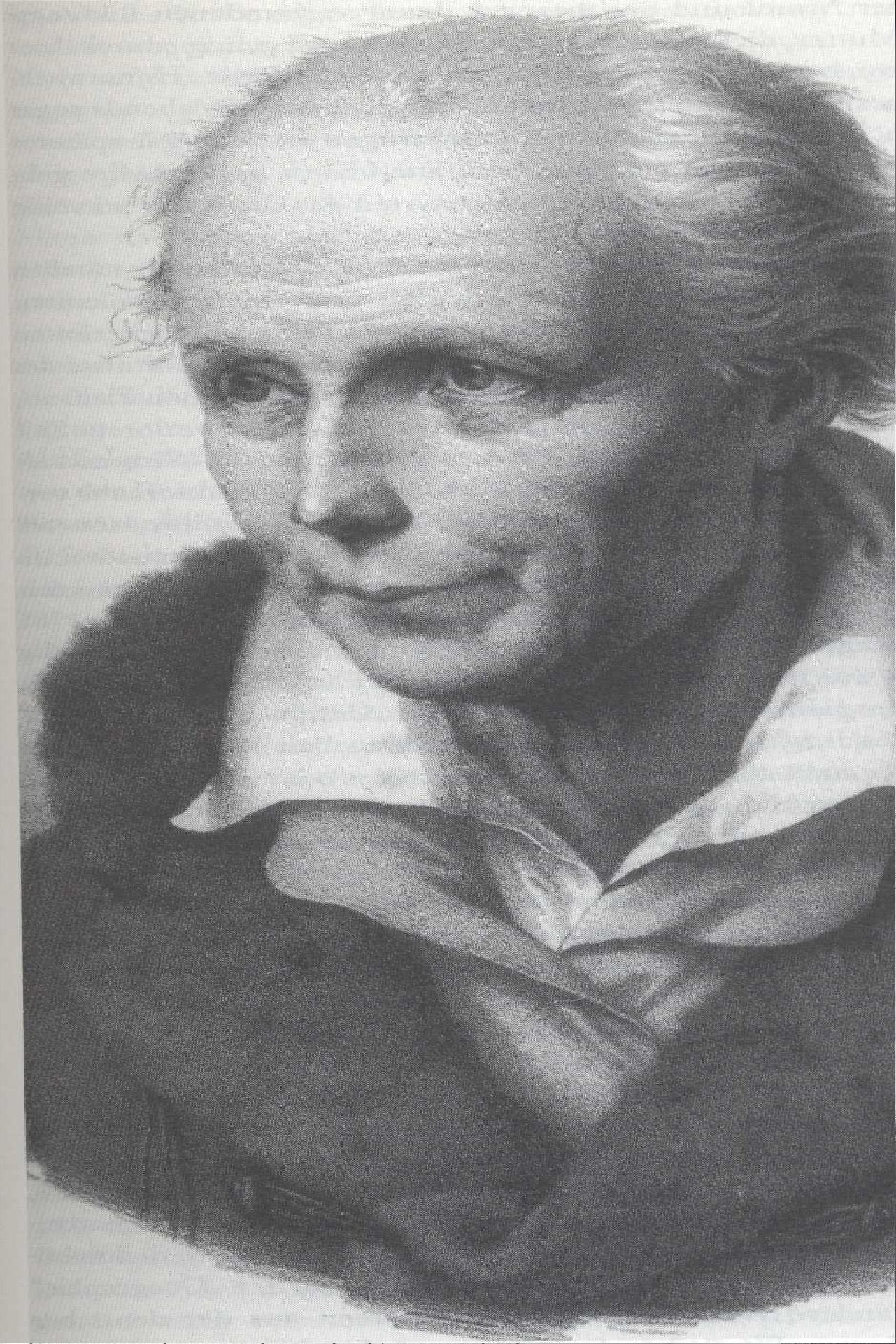Konrad Mannert on:
[Wikipedia]
[Google]
[Amazon]
 Konrad Mannert (April 17, 1756 – September 27, 1834) was a
Konrad Mannert (April 17, 1756 – September 27, 1834) was a
 Konrad Mannert (April 17, 1756 – September 27, 1834) was a
Konrad Mannert (April 17, 1756 – September 27, 1834) was a Prussian
Prussia, , Old Prussian: ''Prūsa'' or ''Prūsija'' was a German state on the southeast coast of the Baltic Sea. It formed the German Empire under Prussian rule when it united the German states in 1871. It was ''de facto'' dissolved by an ...
historian
A historian is a person who studies and writes about the past and is regarded as an authority on it. Historians are concerned with the continuous, methodical narrative and research of past events as relating to the human race; as well as the st ...
and geographer
A geographer is a physical scientist, social scientist or humanist whose area of study is geography, the study of Earth's natural environment and human society, including how society and nature interacts. The Greek prefix "geo" means "earth" a ...
.
Mannert was born in Altdorf bei Nürnberg
Altdorf bei Nürnberg (, ) is a town in south-eastern Germany. It is situated 25 km east of Nuremberg, in the district Nürnberger Land. Its name literally means “Altdorf near Nuremberg”, to distinguish it from other Altdorfs.
History
A ...
, where he did his studies. In 1784 he became a teacher at the Sebaldusschule in Nuremberg
Nuremberg ( ; german: link=no, Nürnberg ; in the local East Franconian dialect: ''Nämberch'' ) is the second-largest city of the German state of Bavaria after its capital Munich, and its 518,370 (2019) inhabitants make it the 14th-largest ...
, and in 1788 at the Ägidiusgymnasium there. In 1796 he became professor of history at the University of Altdorf
The University of Altdorf () was a university in Altdorf bei Nürnberg, a small town outside the Free Imperial City of Nuremberg. It was founded in 1578 and received university privileges in 1622 and was closed in 1809 by Maximilian I Joseph of Ba ...
, in 1805 at the University of Würzburg
The Julius Maximilian University of Würzburg (also referred to as the University of Würzburg, in German ''Julius-Maximilians-Universität Würzburg'') is a public research university in Würzburg, Germany. The University of Würzburg is one o ...
, in 1807 at the Ludwig Maximilian University of Munich
The Ludwig Maximilian University of Munich (simply University of Munich or LMU; german: link=no, Ludwig-Maximilians-Universität München) is a public research university in Munich, Bavaria, Germany. Originally established as the University of ...
(then in Landshut), and from 1826 at the same university in its new location in Munich
Munich ( ; german: München ; bar, Minga ) is the capital and most populous city of the German state of Bavaria. With a population of 1,558,395 inhabitants as of 31 July 2020, it is the third-largest city in Germany, after Berlin and Ha ...
. He died in Munich in 1834. His historical work was known in particular for its focus on studying primary source
In the study of history as an academic discipline, a primary source (also called an original source) is an Artifact (archaeology), artifact, document, diary, manuscript, autobiography, recording, or any other source of information that was cre ...
s.
Works
* ''Kompendium der deutschen Reichsgeschichte'', Nuremberg, 1803 – Compendium of German Reich history. * ''Älteste Geschichte Bojariens'', Sulzbach, 1807 – Oldest Bojarian history. * ''Kaiser Ludwig IV.'', Landshut, 1812 –Emperor Louis IV
Louis IV (german: Ludwig; 1 April 1282 – 11 October 1347), called the Bavarian, of the house of Wittelsbach, was King of the Romans from 1314, King of Italy from 1327, and Holy Roman Emperor from 1328.
Louis' election as king of Germany ...
* ''Geographie der Griechen und Römer'', Nuremberg, 1795–1825, 10 volumes – Geography of the Greeks and Romans.
* ''Tabula Peutingeriana'', Munich, 1824 – Tabula Peutingeriana
' (Latin for "The Peutinger Map"), also referred to as Peutinger's Tabula or Peutinger Table, is an illustrated ' (ancient Roman road map) showing the layout of the '' cursus publicus'', the road network of the Roman Empire.
The map is a 13th-ce ...
.
* ''Geschichte Bayerns'', Leipzig, 1826, 2 volumes – Bavarian history.
* ''Geschichte der alten Deutschen, besonders der Franken'', Stuttgart, 1829–1832, 2 volumes – History of the ancient Germans, especially the Franks
The Franks ( la, Franci or ) were a group of Germanic peoples whose name was first mentioned in 3rd-century Roman sources, and associated with tribes between the Lower Rhine and the Ems River, on the edge of the Roman Empire.H. Schutz: Tools, ...
.
References
* {{DEFAULTSORT:Mannert, Konrad 1756 births 1834 deaths People from Altdorf bei Nürnberg 18th-century German historians German geographers Academic staff of the University of Altdorf Academic staff of the University of Würzburg Academic staff of the Ludwig Maximilian University of Munich German male non-fiction writers 19th-century German historians